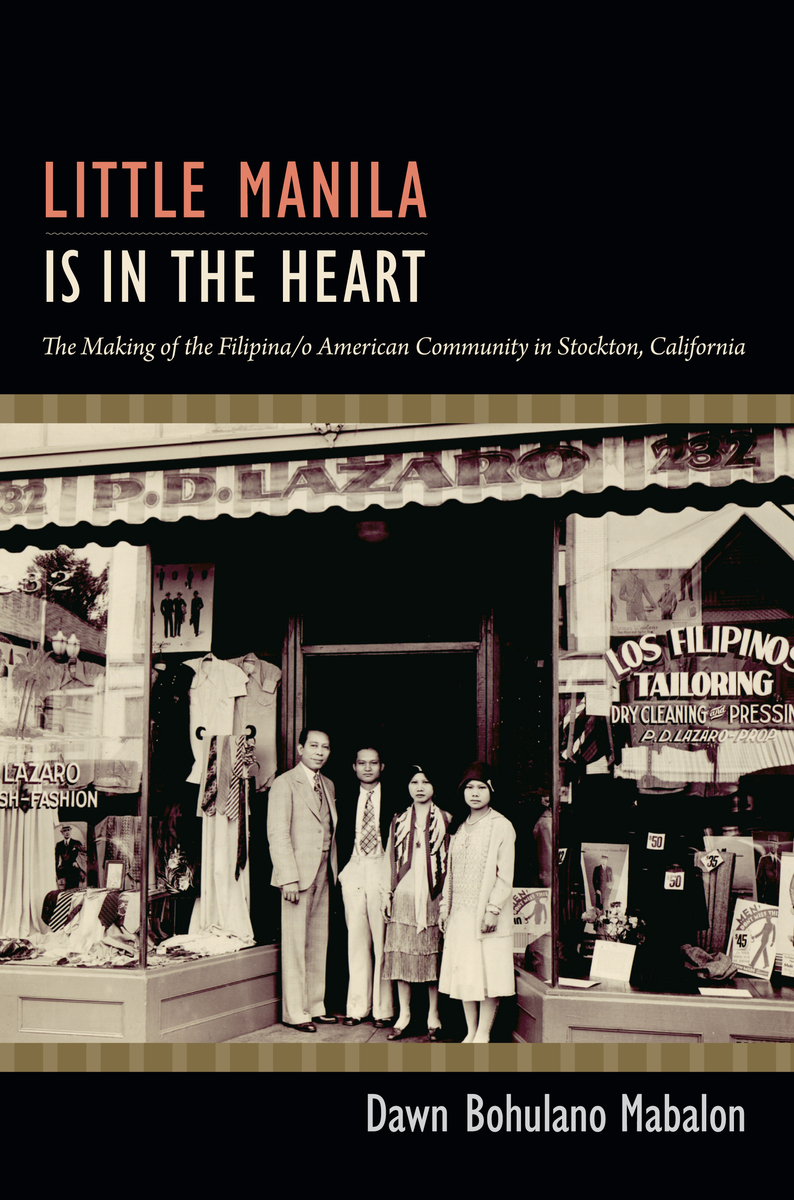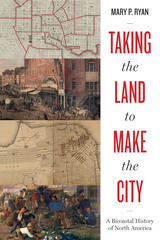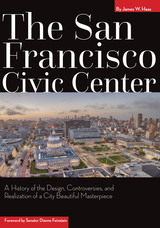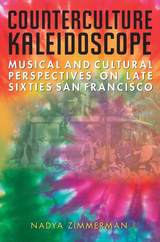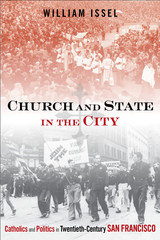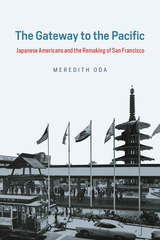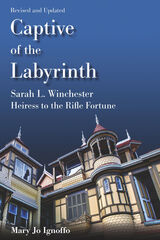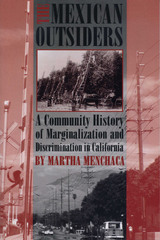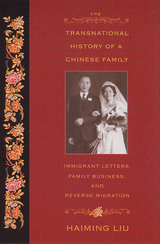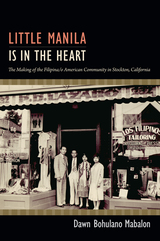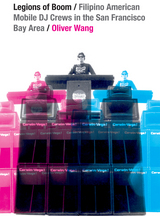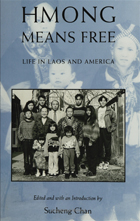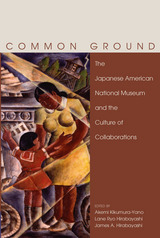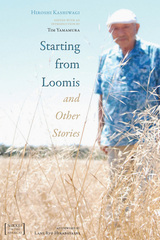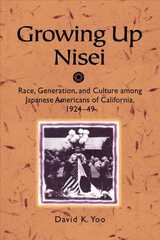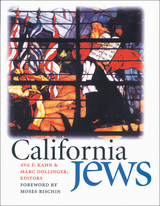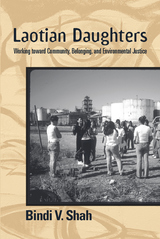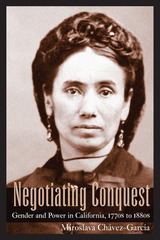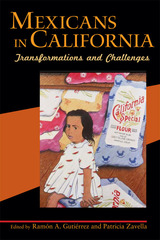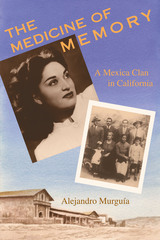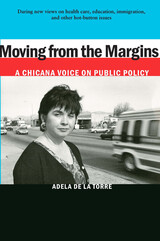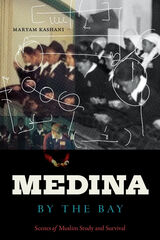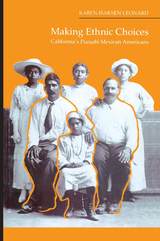Little Manila Is in the Heart: The Making of the Filipina/o American Community in Stockton, California
Duke University Press, 2013
Cloth: 978-0-8223-5325-6 | Paper: 978-0-8223-5339-3 | eISBN: 978-0-8223-9574-4 (standard)
Library of Congress Classification F870.F4M33 2013
Dewey Decimal Classification 305.899210730795
Cloth: 978-0-8223-5325-6 | Paper: 978-0-8223-5339-3 | eISBN: 978-0-8223-9574-4 (standard)
Library of Congress Classification F870.F4M33 2013
Dewey Decimal Classification 305.899210730795
ABOUT THIS BOOK | AUTHOR BIOGRAPHY | REVIEWS | TOC | REQUEST ACCESSIBLE FILE
ABOUT THIS BOOK
In the early twentieth century—not long after 1898, when the United States claimed the Philippines as an American colony—Filipinas/os became a vital part of the agricultural economy of California's fertile San Joaquin Delta. In downtown Stockton, they created Little Manila, a vibrant community of hotels, pool halls, dance halls, restaurants, grocery stores, churches, union halls, and barbershops. Little Manila was home to the largest community of Filipinas/os outside of the Philippines until the neighborhood was decimated by urban redevelopment in the 1960s. Narrating a history spanning much of the twentieth century, Dawn Bohulano Mabalon traces the growth of Stockton's Filipina/o American community, the birth and eventual destruction of Little Manila, and recent efforts to remember and preserve it.
Mabalon draws on oral histories, newspapers, photographs, personal archives, and her own family's history in Stockton. She reveals how Filipina/o immigrants created a community and ethnic culture shaped by their identities as colonial subjects of the United States, their racialization in Stockton as brown people, and their collective experiences in the fields and in the Little Manila neighborhood. In the process, Mabalon places Filipinas/os at the center of the development of California agriculture and the urban West.
See other books on: Asian American & Pacific Islander Studies | Filipino Americans | Filipinos | Heart | Immigrants
See other titles from Duke University Press
